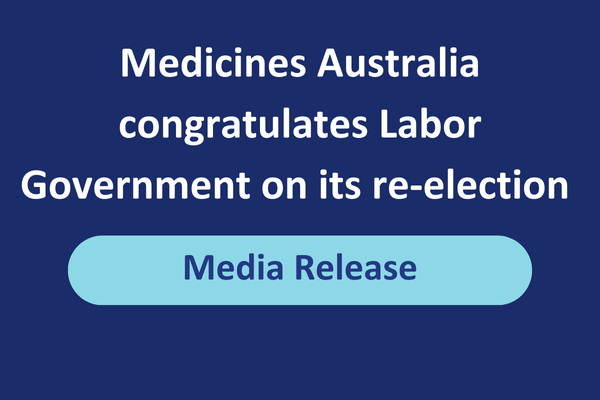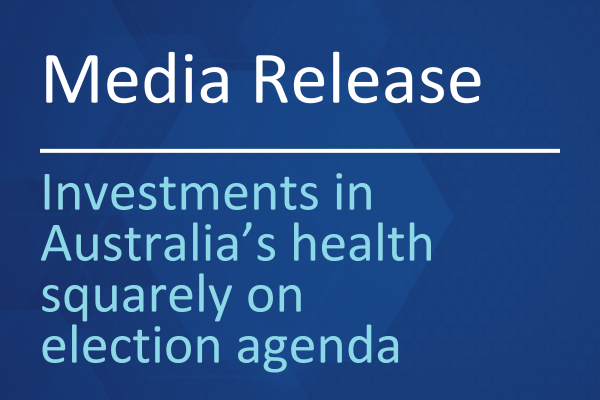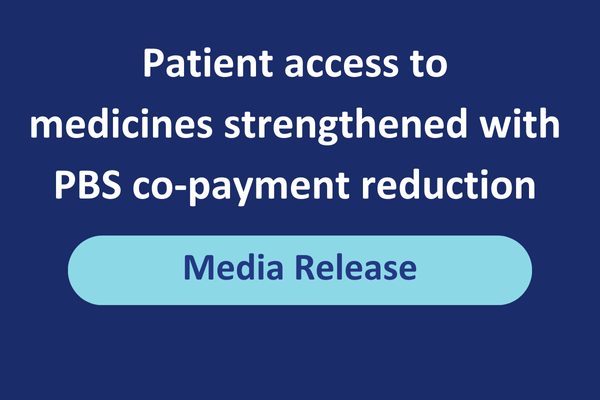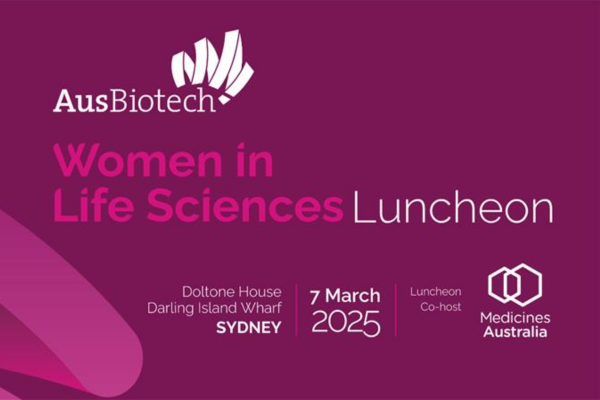Medicines Australia congratulates Labor Government on its re-election
04 May 2025: Medicines Australia congratulates the Hon. Anthony Albanese MP and the Australian Labor Party on their return to Government.
The return of the Labor Government presents a significant opportunity to realise bold, forward-looking reforms to strengthen the PBS by delivering on the agreed improvements to our health technology assessment (HTA) system.
Medicines Australia CEO, Elizabeth de Somer, said today that “Strengthening the PBS through implementation of the health technology assessment (HTA) reform recommendations will ensure Australians see faster access to safe and effective, innovative medicines.
“Active Australian-led reform of the PBS must be the priority. Science and medicines have evolved significantly in the last 30 years where no meaningful reform has occurred. The system is no longer fit for purpose and patients are waiting too long – on average 466 days when elsewhere in the world the wait may be as low as 60 days.”
“Patients, clinicians, the medicines industry and government are all aligned on the need for reform. The blueprint is sitting on the desk of the Hon Mark Butler MP, and now with the election out of the way, we need to get on with it.
Prior to the election, Health Minister Mark Butler restated the Government’s commitment to delivering all the commitments made under the existing Strategic Agreement, confirming that progress on the HTA Review is a high priority.
“I welcome the Government’s ongoing commitment to HTA reform. Medicines Australia will work with the Health Minister to ensure this is an early term priority of the re-elected Albanese Government,” Ms de Somer said.
Media enquiries to: Anne-Marie Sparrow, Medicines Australia /Cube – media@medicinesaustralia.com.au or 0417 421 560
About Medicines Australia
Medicines Australia leads the research-based pharmaceutical industry of Australia. Our members discover, develop and manufacture the medicines that are the foundation of a healthy and prosperous society, including prescription pharmaceutical products, biotherapeutic products and vaccines. Our members invest in Australian medical research and take local discoveries and developments to the world.










